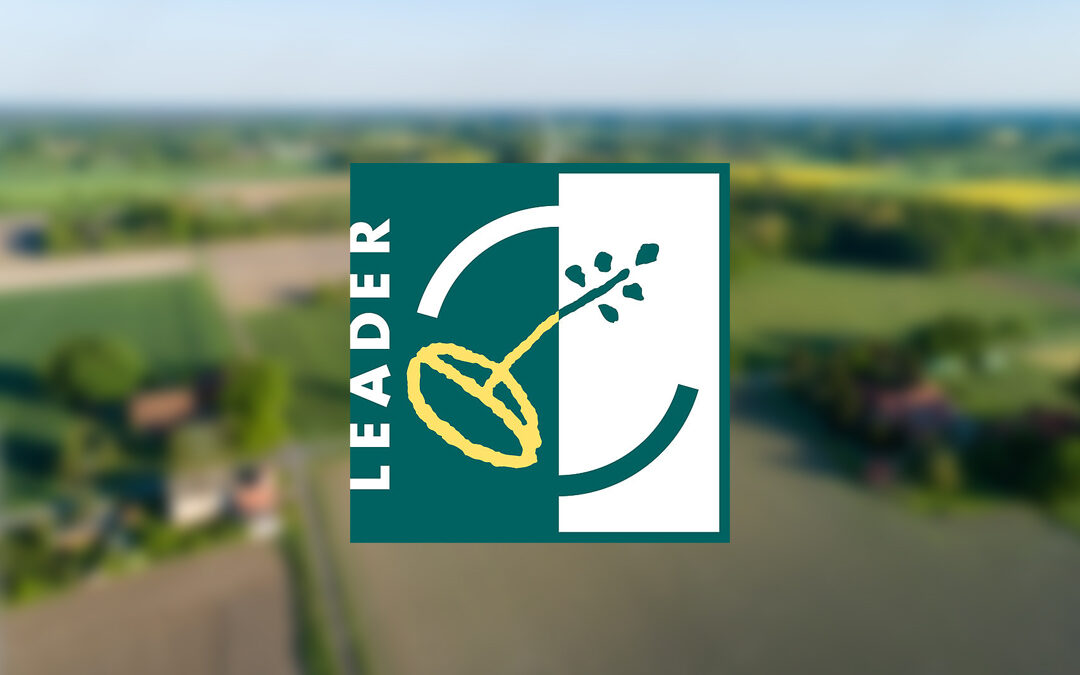The Local Action Groups in Brandenburg have adopted new Regional Development Strategies (RES) for the implementation of the European LEADER programme in the coming funding period. aconium supported the Havelland, Ostprignitz-Ruppin and Spree-Neiße Land action areas in developing their strategies, in the course of which priorities, objectives and procedures for funding projects in rural areas were defined.
In July, the LEADER regions in Brandenburg launched their Regional Development Strategies (RES) for the upcoming ELER funding period 2023-2027. This also includes the regions of Ostprignitz-Ruppin, Havelland and Spree-Neiße Land, whose Local Action Groups (LAGs) were supported by aconium GmbH in developing their strategies.
The RES form the basis for the recognition of the LAGn areas as LEADER regions by the state of Brandenburg. At the same time, they define the future development of rural areas in the regions according to the region-specific development needs and potentials. The priorities of the individual action groups in their RES therefore differ accordingly:
LAG Ostprignitz-Ruppin
In the Ostprignitz-Ruppin LAG, local stakeholders are placing a special focus on projects in the area of the energy transition for the coming funding period. The aim is to support projects that enable citizens in rural areas to benefit more from the expansion of renewable energies. The strategy also offers new approaches for involving young people in shaping their region, for example through participation formats and dedicated funding budgets. The strategy development process was accompanied by a public forum and a regional conference as well as four thematic workshops and numerous working meetings with the LAG’s strategy group. The strategy was adopted by resolution of the general meeting on June 28, 2022.
LAG Havelland
Identity and culture as well as support for voluntary work are central themes of the new regional development strategy for the Havelland LEADER region. A particular focus is on overcoming structural differences between the western part of Havelland on the outer border of Brandenburg and the eastern part with its close proximity to the Berlin/Potsdam conurbation, which is why spatial funding priorities have been defined for the selection of eligible projects in rural areas. The strategy development process has also been implemented in Havelland since October 2021 in four board workshops with the LAG. Approaches, needs for action and innovative ideas for shaping the region were also discussed with many different stakeholders at a participation event and the “Havelland Conference”. The strategy was adopted by the members of the LAG on June 27.
LAG Spree-Neiße-Land
The Spree-Neisse region in Lusatia is facing major challenges in the wake of demographic change and structural change as a result of the imminent phase-out of lignite mining. This is to be tackled in the coming funding period under the motto “Region Gemeinsam Gestalten / Region Zgromadnje Wugótowaś”. One strategic field of action is therefore to shape the transformation of the regional economy: in the context of the LEADER approach, jobs are to be secured and created, small businesses strengthened and regional marketing and the bioeconomy promoted. In addition, the tourism potential of the natural areas, historic sites and unique cultural features – for example the Sorbian and Wendish traditions – are to be developed to a greater extent. Other fields of action include the promotion of civic engagement and holistic settlement development to ensure the provision of services of general interest and the development of attractive villages. The joint development of the strategy took place as part of three specialist workshops and a final regional conference. Due to the pandemic situation, a digital event format was chosen for the first two participation formats and an additional online survey was created to accompany the process. The LAG adopted the strategy at its general meeting on June 22, 2022.
aconium as a partner for regional development
aconium GmbH also organised the entire process of creating regional development strategies in other LEADER regions in Saxony-Anhalt and Hesse. Here, too, the process support included stocktaking of development needs and potential, strategic consulting as well as the conceptual and practical implementation of the participation processes and the drafting of the development strategy.

